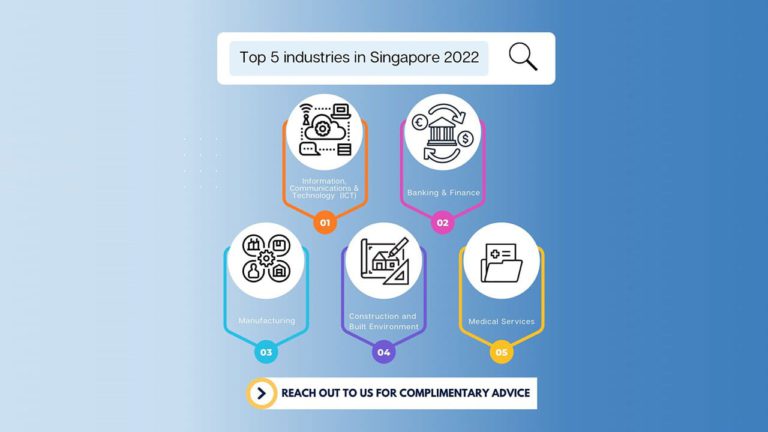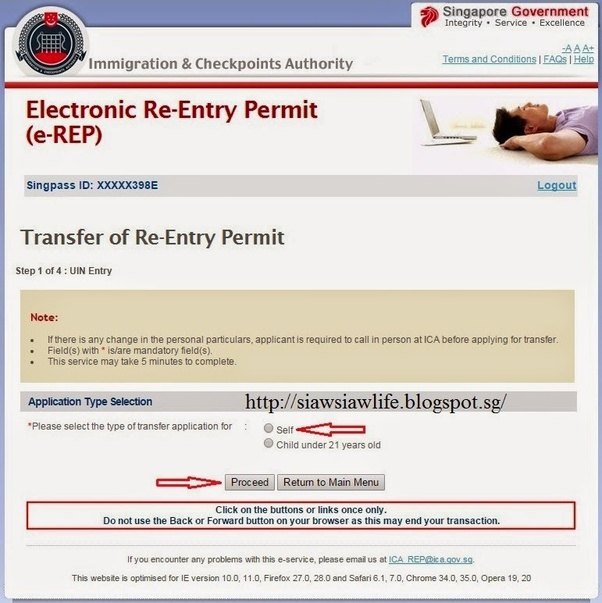The rising costs for expats might make Singapore an unattractive country for global skilled workers, despite being known for its thriving economy, safety, and world-class amenities. In this article, we explore the key factors contributing to this increase and offer tips on managing expenses.
1. Rental Costs
Housing remains the largest expense for most expatriates in Singapore. In 2022, rental prices in Singapore surged, with some expatriates facing increases of up to 70%. This significant rise has made it challenging for many to afford suitable accommodations. In 2019, the average monthly rent for a three-bedroom apartment in central Singapore was around SGD 4,500, but by 2024, this has risen to approximately SGD 6,500. Prime districts, such as Orchard, Marina Bay, and areas near international schools, are particularly expensive.
The competition for rental units has intensified, especially with the growing number of professionals relocating to Singapore. For expats who are looking to save on rental costs, considering less central locations, choosing to stay in an HDB instead of a condo, or sharing accommodations can help reduce costs.
2. Education Fees
For expats with children, education is another significant expense. Singapore’s international schools are among the most expensive globally, with tuition fees averaging SGD 25,000 annually in 2019. By 2024, this figure has climbed to an average of SGD 35,000. Additional costs for extracurricular activities, transportation, and uniforms add to the financial burden.
To manage this, some expats explore alternatives such as local schools or homeschooling options.
3. Transportation
While Singapore’s public transport system is efficient and relatively affordable, costs have been gradually increasing due to rising inflation, wages, and energy prices.
Expats can save significantly by relying on the well-connected public transport network or using car-sharing services.
4. Food and Dining
Dining expenses vary widely in Singapore. While affordable hawker centers offer delicious local cuisine, dining at restaurants or enjoying international food can be costly. In 2019, a meal at a mid-range restaurant averaged SGD 20–30 per person, whereas in 2024, it ranges from SGD 30–50. Grocery bills for imported goods also add up quickly for expats who prefer familiar brands.
Adopting a more local diet and shopping at wet markets or neighborhood supermarkets can help cut costs.
5. Healthcare and Insurance
Singapore is known for its excellent healthcare system, but it comes at a price for expatriates. In 2019, the average annual premium for private health insurance was SGD 4,000, increased to SGD 5,500 in 2024. Many expats rely on private healthcare, with rising premiums for international insurance plans. Out-of-pocket expenses for non-subsidised treatments can also be significant.
Expats should ensure they have comprehensive health insurance and explore preventive care options to minimise costs.
6. Taxes and Fees
Recent changes in taxation policies have further impacted the cost of living for expats. In 2019, property taxes for private homes were lower compared to the increases seen by 2024, which have driven up rental prices. Apart from the sharp jump in property prices after the pandemic, Additional Buyer’s Stamp Duty (ABSD) for foreigners is now 60%. Additionally, the planned Goods and Services Tax (GST) hike from 8% to 9% in 2024 will affect the cost of goods and services.
7. Rising Utility Costs
Global energy price volatility and sustainability initiatives have led to higher electricity and water rates in Singapore. In 2019, the average monthly utility bill for a family of four was around SGD 150, but by 2024, this has increased to SGD 250. Utility bills have become a growing concern for expats, especially those in larger homes or families.
Simple measures like conserving energy, using energy-efficient appliances, and monitoring utility usage can help mitigate these expenses.
Estimated Monthly Costs For Expats Living in Singapore in 2025
Depending on one’s lifestyle and personal expenses, a single expat’s monthly expenses is estimated to be around SGD 7,114, including rent while an expat with a family of four may incur an estimated SGD 11,121, including rent in monthly expenses. These are expenses for basic necessities such as rent, food, and transportation. For families with children, international school fees can range from SGD 25,000 to over SGD 35,000 per year per child, depending on the institution.
Why Do Many Expats Still Stay in Singapore Despite the High Costs?
Despite the rising costs, Singapore remains an attractive destination for expatriates due to its high quality of life, excellent infrastructure, and opportunities for professional growth.
1. High Quality of Life
Singapore is renowned for its low crime rates, providing a secure environment for residents. The city-state boasts excellent infrastructure, including efficient public transportation and modern amenities.
2. Economic Opportunities
Singapore’s dynamic and business-friendly economy offers numerous career opportunities across various sectors. Serving as a gateway to Asia, Singapore provides access to regional markets, which is advantageous for professionals and businesses.
3. Favorable Tax Environment
Singapore’s personal and corporate tax rates are relatively low, enhancing the financial appeal for expatriates. Singapore also has Double Taxation Agreements (DTA) with up to 100 different countries around the world, allowing businesses outside of Singapore not to have to pay their taxes twice. Additionally, some of the DTAs grant exemption or reduction on some taxes.
4. Political Stability
The nation’s political stability ensures a predictable and secure living and working environment.
5. Cultural Diversity
Singapore’s diverse population fosters a rich cultural experience, making it easier for expatriates to adapt and feel at home.
While the cost of living has increased, many expatriates find that the benefits of residing in Singapore outweigh the financial challenges, leading them to continue their stay in the city-state. By understanding the key cost drivers and implementing smart financial strategies, expats can enjoy all that Singapore has to offer without breaking the bank.







